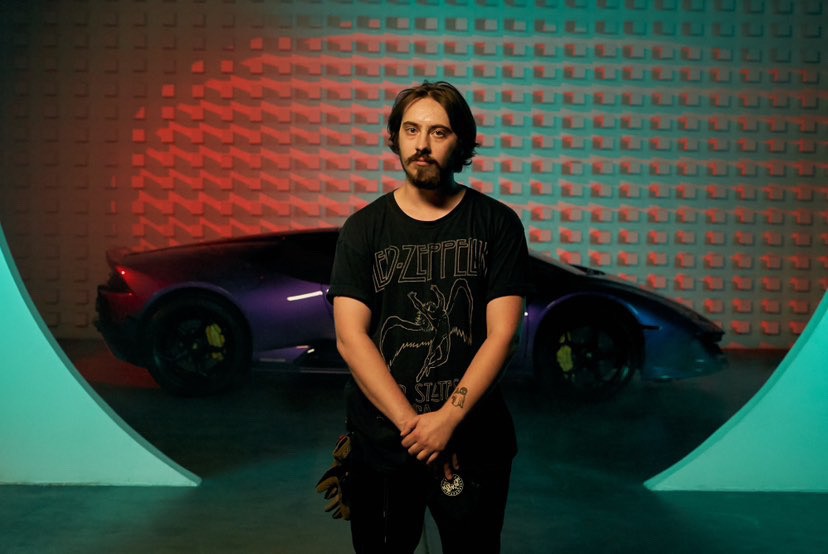We were lucky to catch up with Caleb Czuszak recently and have shared our conversation below.
Caleb, thanks for joining us, excited to have you contributing your stories and insights. Have you been able to earn a full-time living from your creative work? If so, can you walk us through your journey and how you made it happen? Was it like that from day one? If not, what were some of the major steps and milestones and do you think you could have sped up the process somehow knowing what you know now?
I am fortunate that at this point in my life, most of my bills are paid by creative work. I say, ‘majority’ because of how unpredictable the film industry is. As a gig worker, I work when others work.
Within my first month of moving to Los Angeles, I had a crisis of career. I knew exactly one other person, Daniel Kusnir, who was actually making a living in the industry as a DP. I texted that poor man just about every week asking if he needed a PA, AC, grip, or anything even remotely close to a camera. I was desperate for work and was woefully unprepared for the world of gig work. Additionally, I applied to clothing stores, ice cream shops, and even pest control businesses just trying to make ends meet as my bank account was quickly dwindling. Nobody wanted me.
After almost three months without stepping foot on set, I was finally given my first job as a grip on a low-budget music video. The rate was $200 for 14 hours. I made friends with the people on that crew and was soon asked onto another production where I met one of my closest friends and career partners, Charles Schaefer. I met Charles when I was gripping on a Sad Alex music video. The shoot was on a rooftop with no elevator. We had to build an entire fake billboard after carrying the metal joists up ten flights of stairs in the middle of summer. It was grueling… but I’d do it again in a heartbeat. Because of my work that day, I was asked onto a set the following day. Then the following week. The snowball rolled until the point I am at now where I don’t accept rates under a certain amount and I am privileged to have that ability.
That being said, work isn’t always consistent. When gigs slow down or the industry strikes, we all have to find ways to make ends meet. I’ve done just about every odd job you can think of. One day I’m operating a camera for Jimmy Kimmel and the next I’m delivering Postmates on my bicycle. I delivered food for months until my bike was stolen. I’ve gotten paid to clean out a hoarder’s house that was abandoned with cats in it, I’ve delivered clothes for Rent the Runway, run returns for Amazon, moved people from LA to Portland, taken headshots, filmed multiple soulless Instagram reels, patched holes in a friends roof, delivered lenses to sets, and the list goes on.
I was told throughout film school that this industry is based on who you know. They really emphasized the importance of networking and knowing the “right” people. In theory, this is correct! I knew one person when I got to California and it’s through that one person that I have met everybody that I work with consistently almost four years later. My biggest issue with this mentality, however, is that just knowing somebody isn’t enough. People easily fall into the trap of looking at everyone around them as an opportunity to make money and thus the connections people make while networking are typically disingenuous. I’ve found, through personal experience, that it’s not who you KNOW. It’s who you are FRIENDS with. I don’t just mean that nepotistically either; I’ve been told outright that I was given a job, not because I’m the greatest focus-puller anyone’s ever seen, but instead because I am enjoyable to work with (and because I’m good at what I do). You spend 12 hours a day, sometimes for days or even weeks/months at a time. I COULD be the greatest AC, the best gaffer, the faster grip, and none of that would matter if I suck to be around!
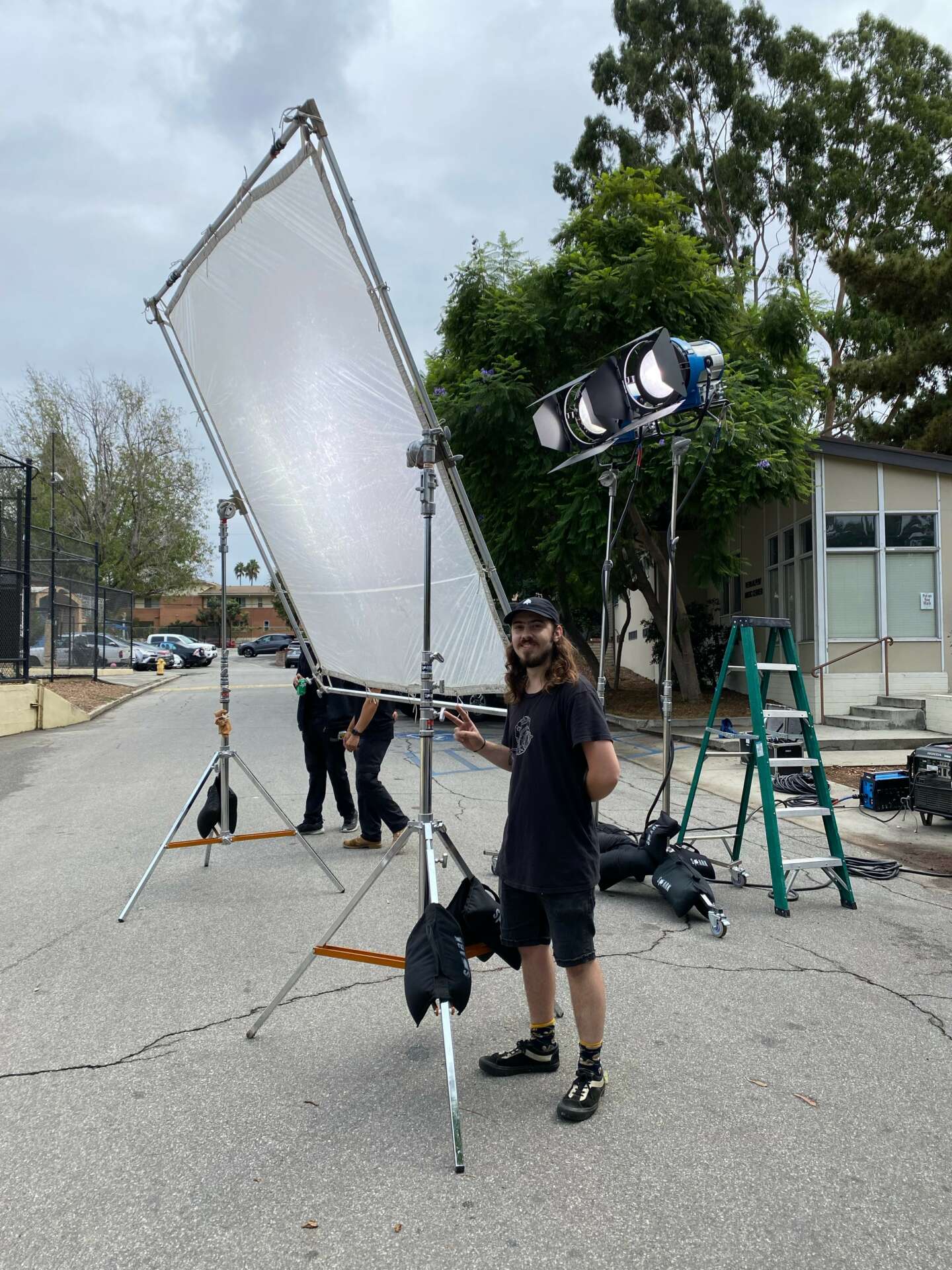

Great, appreciate you sharing that with us. Before we ask you to share more of your insights, can you take a moment to introduce yourself and how you got to where you are today to our readers.
My name is Caleb Seth Czuszak and I am a writer/director… but for money, I’m a stunt coordinator and performer, gaffer, grip, AC, editor, special effects artist, blood rigger, colorist, and author… but it’s easier just to say I’m a filmmaker.
From a very early age, I fell in love with movies. Each member of my family had a different taste or genre that I would connect with them on. My father was an 80s action and comedy fan. He showed me things like Commando, Robocop, Ferris Bueller, and Animal House. My sisters showed me horror and thrillers (probably way too young) like SAW, Night of the Living Dead, and IT. My mother showed me historical drama, musicals, and true crime like Saving Private Ryan, Singing in the Rain, and Karate Kid. My taste was formed with an understanding of how expansive film can be. My love only deepened when I learned that DVD copies often had behind-the-scenes clips, bloopers, interviews, and commentary. Not only could I watch the movie, I could learn how it was made. I could hear stories from the real people I saw on camera, no longer pretending to be in character. I could hear the person behind the camera explain why they shot things the way they did, why it was lit in a particular way, and what emotions they wanted to portray with their lens. I got to hear the writer, the person who imagined all of these people and places to begin with, explain how their simple idea turned into a hundred people all working to make one vision come true.
In the most cliche turn of “art school kid” possible, it was while watching Pulp Fiction’s behind-the-scenes that I saw Quentin Tarantino, the man behind this grimy gangster story filled with drugs, murder, and cheeseburgers, dancing along with his actors just behind his camera operator. The visible joy on this man’s face, as he watched his imagination come to life in front of him, was magnitising. I watched Robert Rodriguez light up with joy as he tested his first squibs on El Mariachi. I saw Stanley Kubrick shooting 35mm photographs of himself while his cast smiles shallowed out in the foreground. I watched Edgar Wright laugh hearing actors say his words for the first time out loud at a table read. By watching the people who made films happen, I understood their love for the process, and in turn, fell in love with it myself.
I picked up my mom’s VHS camera when I was probably 12 or 13. My friends, cousins, and sisters would film little comedy sketches, hide behind blankets, and pretend to be the arms of another person on screen, we’d fake shootouts with toy guns and lots of camera shake. I made sound effects with my mouth and would cut, in-camera, by rewinding and filming over the takes we didn’t like. By the time I was in high school, I already had a basic understanding of film literacy and thrived in my morning announcements production class.
I was one of those kids that got bored of things easily (undiagnosed OCD and ADD). I quit just about every extracurricular I started when I began to plateau. I played baseball, and tennis, painted, skateboarded, snowboarded, rock climbed, sculpted, etc. All of them would hit a point where I no longer felt like I was progressing or enjoying it. Film, however… the process of making movies, writing, cutting, building effect rigs, guiding actors, playing with light and frame, THIS process was one I never felt a lull in. There’s always improvement to be made and I never got sick of trying to get better.
In all honesty, I attribute what I do now to the phrase, “If you think you can do better, go ahead.” I would watch movies and love them, but would always have notes on how I would have done things, what I would have changed, how I would have shot it, and what I would have cut out or added. So I started making the movies that I wanted to watch.
Currently, I work a lot of jobs on the grip/electric side on music videos, commercials, and films. I work alongside an incredibly talented group of artists at Sparklite Rentals who love the process of sculpting light and color. We’ve worked on music videos for Young MA, Wiz Khalifa, Blackbear, Sueco, and more. We’ve worked on commercials for FOX NFL, Amazon, and C4.
Additionally/Independently I do a lot of stunt coordination, performing, and special effects. I’ve done fight scenes and blood work for feature films like As Certain as Death and Fallen Drive, plus numerous shorts and music videos like SureSure’s “123,” Number 14, and A Killer Service.
I love the work that I do and I’m lucky that I can support myself with work that keeps me on set. As I’ve stated before, I consider myself a writer and director primarily, though a majority of my work is on the lighting, camera, or stunt side. I greatly enjoy working in all departments, however, my ultimate goal is to write and direct my own feature films. I’ve written multiple features, transcribed one into a book, and directed several shorts, a small commercial, and multiple online ads so progress is being made! Funding is the biggest issue when it comes to independent production and, like me, everyone is trying to survive off of their art. I believe firmly that artists deserve to be compensated for their time, talents, and creations but I am not at a point in my life where a passion project of my own can have a budget. That’s why I feel so honored to have the friends that I do. My current short film project, “Protect Your Neck” has been made entirely with the time and equipment donated by my incredibly talented friends. I offered to buy everyone food, pay for gas, any compensation necessary for wardrobe or etc., and not a single person would take me up on it.
They did it… simply because they love making movies.
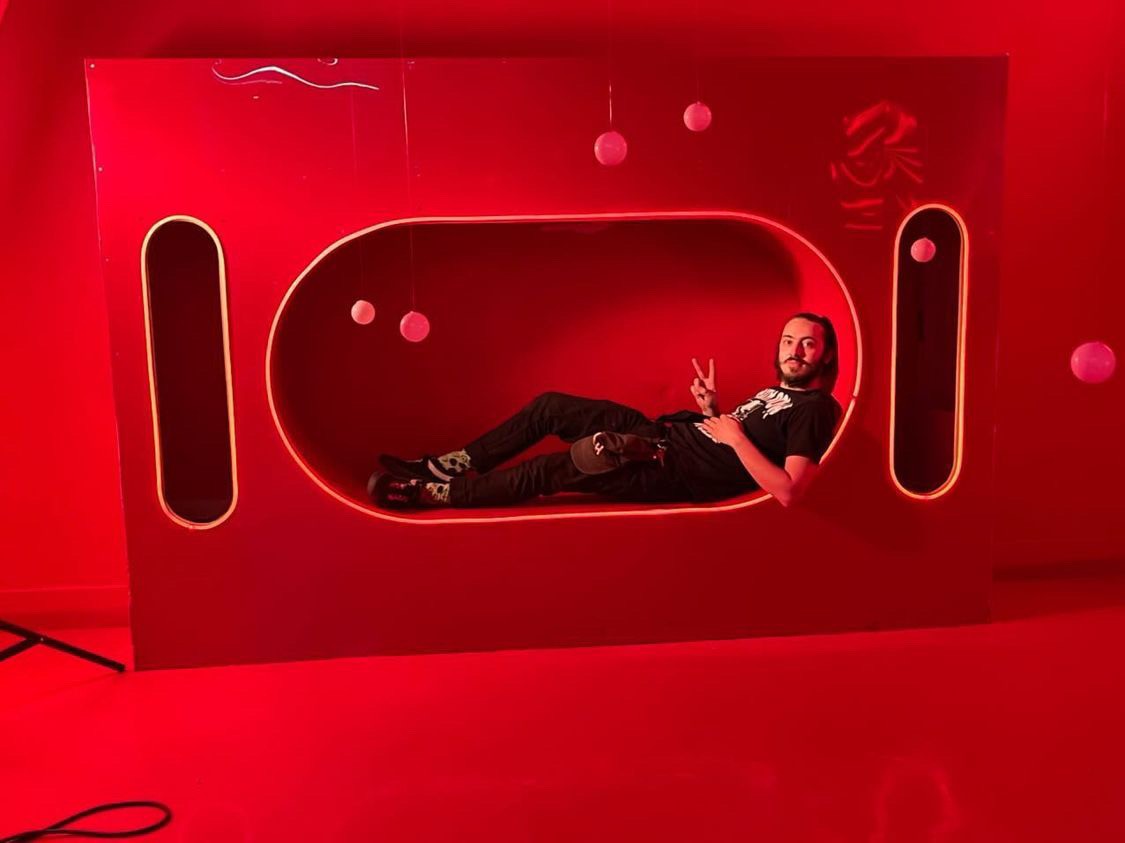
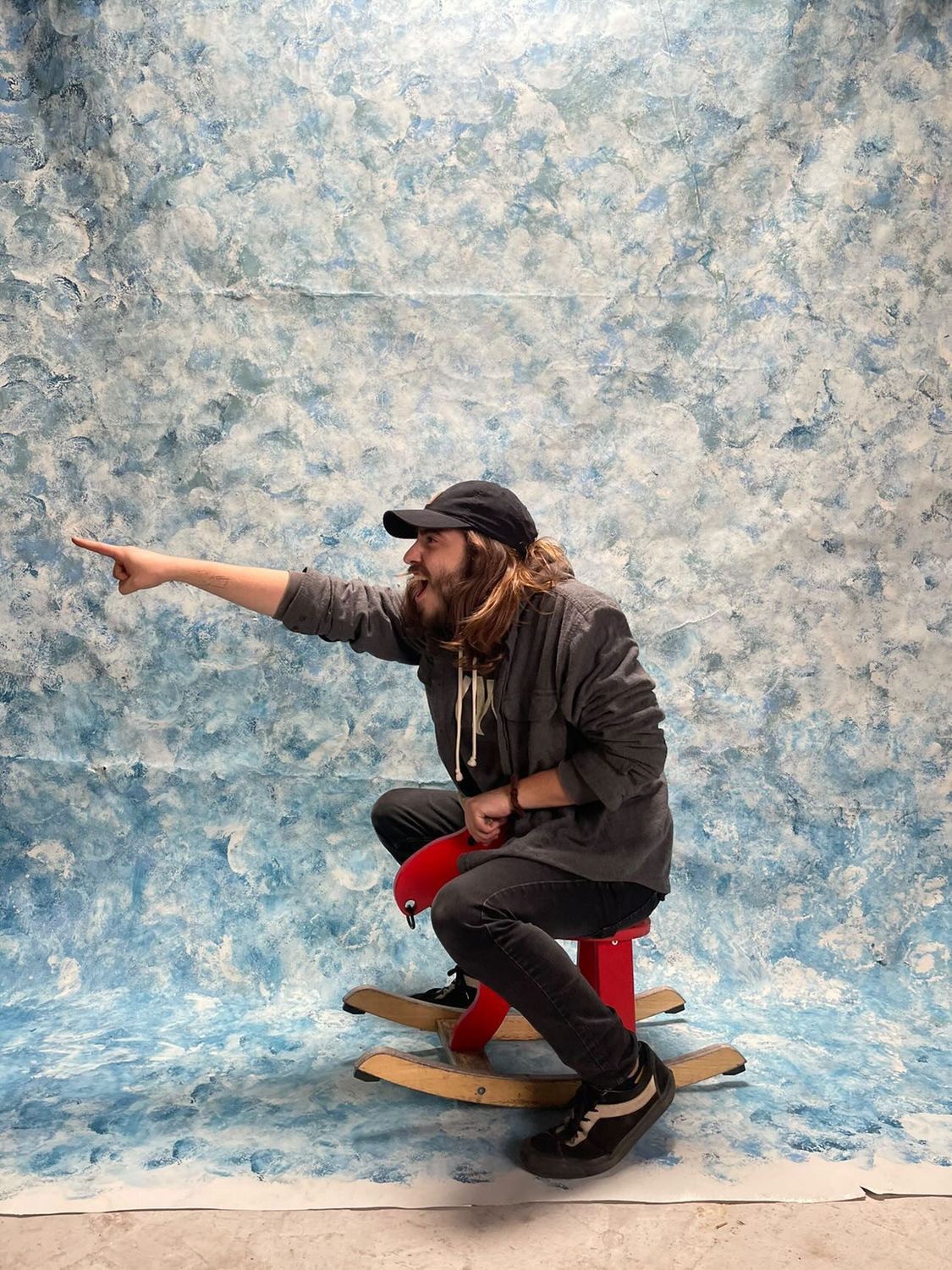
What can society do to ensure an environment that’s helpful to artists and creatives?
There’s a running joke about people “working for exposure” but I find that phrase ironic considering how difficult some people find it to give proper credit. I don’t just mean within the industry either; social media has made it insanely difficult to track something back to the source when a repost of a repost gets more popular than the original. If you find a piece of artwork, or a song, or a photograph that you like and you want to put it on your story, it takes two extra taps most times to share the original artist’s post instead of the compressed, “moody black and white compilation” page version that got recommended.
I know some people may have the mindset of, “Who cares as long as people see it, right?” and I understand that to a degree. If I make a movie and people pirate it a lot there’s a part of me that will at least be happy that people are interested in it enough to steal it… plus that’s more eyes seeing the thing I made so that’s good! But also… I’m not the only one being robbed. There was a whole crew behind that movie. One person didn’t make it; fifteen people did. Do they share the opinion? Don’t they deserve the recognition? Don’t they deserve to be paid? When you repost a photograph are you tagging the photographer or just the model in the photograph? Or vise versa? Is everyone actually getting credit for the work done or are we just selecting the person we deem most important to the work?

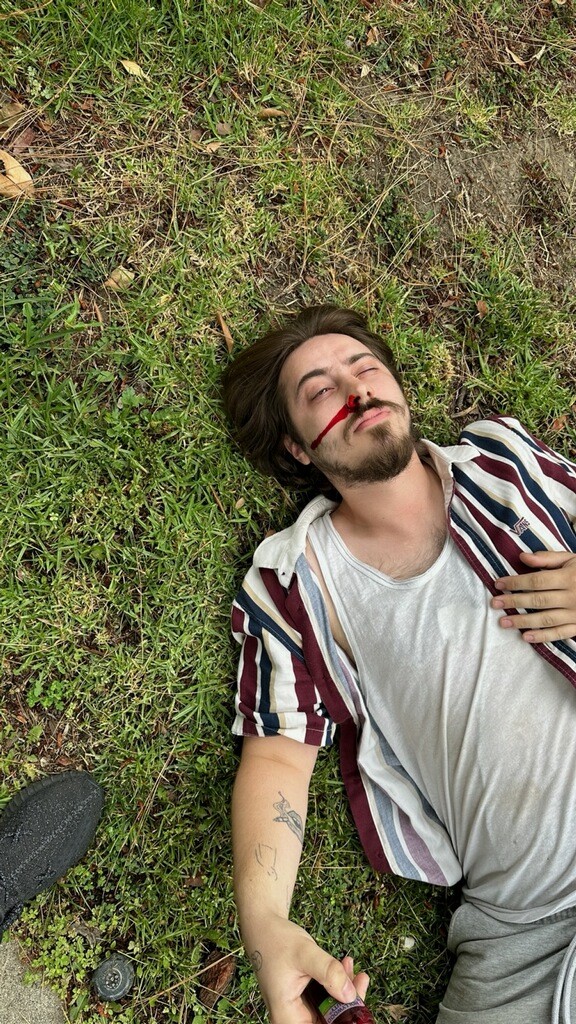
Is there something you think non-creatives will struggle to understand about your journey as a creative? Maybe you can provide some insight – you never know who might benefit from the enlightenment.
I think if people understand how financially exhausting working in the industry is, they would never understand why someone would choose this. Hell, I question it sometimes. The main media really only shows you the top of the pyramid and those people are rolling in it (most of the time). The rest of us are scrounging in the dirt trying to get paid for a job we did over a month ago. It’s unstable, stressful, and tiring. But to be quite frank, if I had to sit in an office for eight hours a day, five days a week, I’d put a bullet in my head.
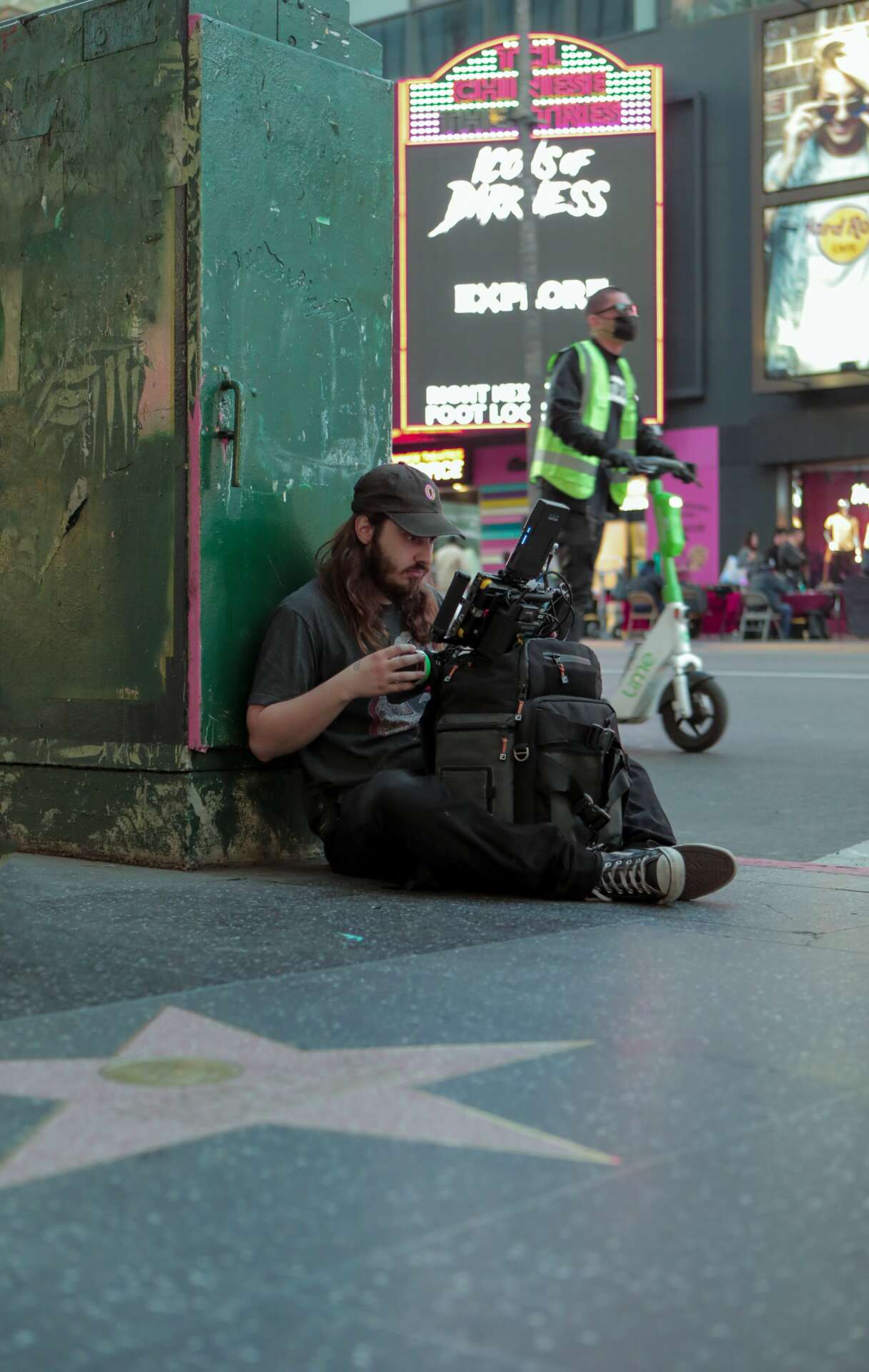
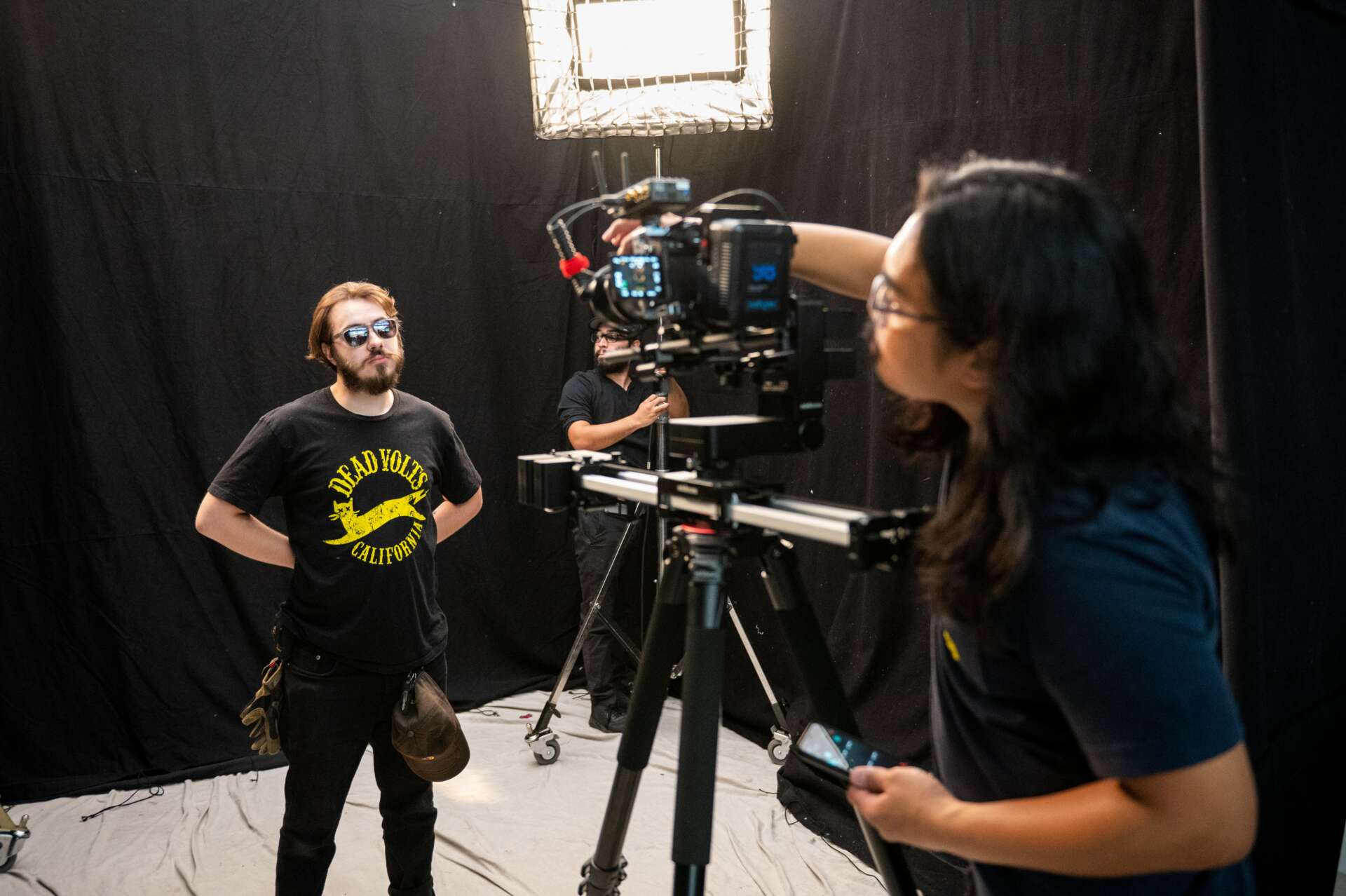
Contact Info:
- Website: https://www.honoraryfilms.com/
- Instagram: https://www.instagram.com/honoraryfilms/
- Facebook: https://www.facebook.com/profile.php?id=100063575334682
- Linkedin: https://www.linkedin.com/in/caleb-czuszak-b4b0111ab/
- Youtube: https://www.youtube.com/channel/UCf9qWGTieqoc9R0FKCoRSKQ
- Vimeo: https://vimeo.com/honoraryfilms
Image Credits
Michael Avina Rafael Martirosyan Michael Rodmaker Daniel Kusnir Charles Schaefer Katy Dooling


